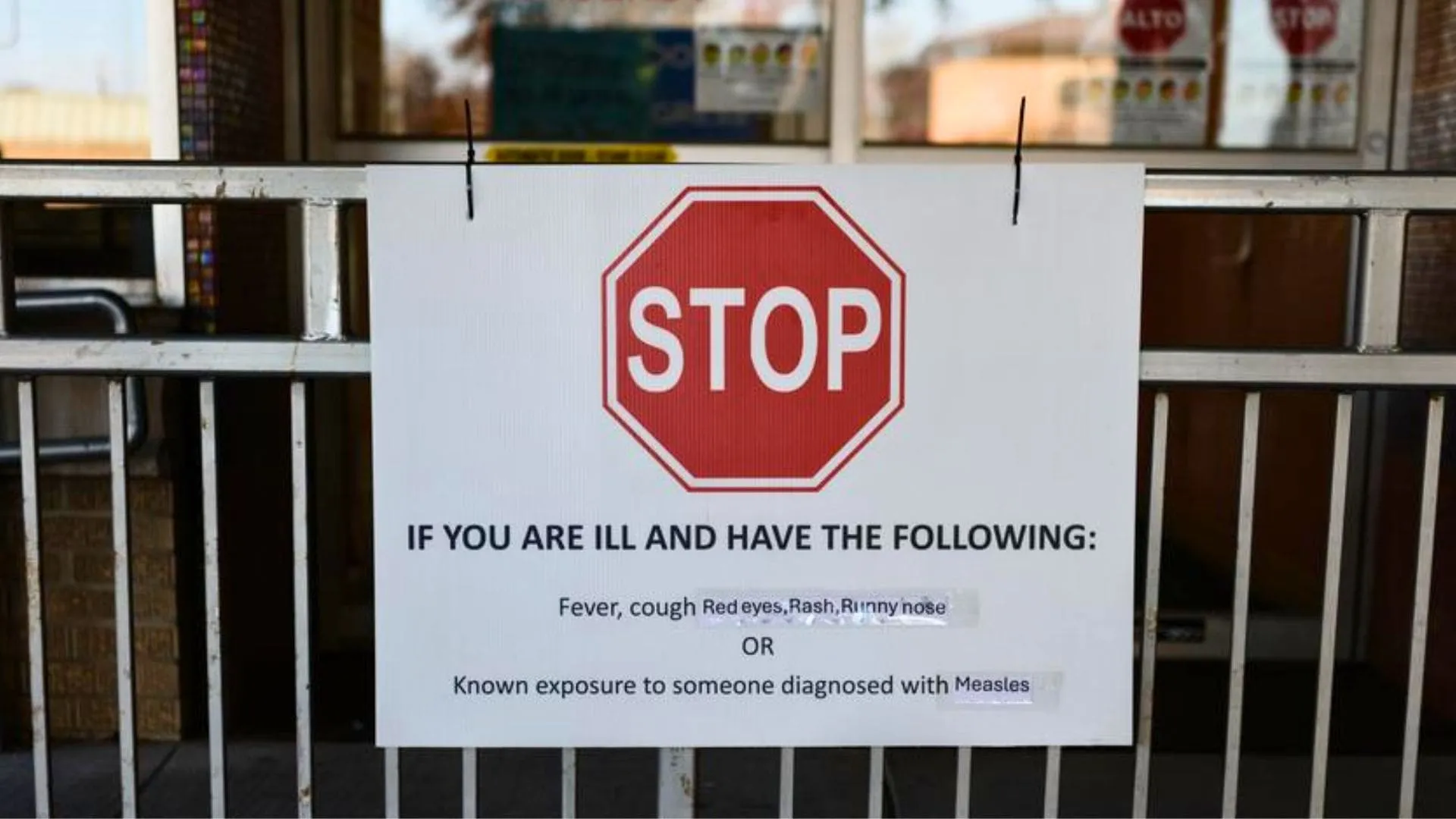Male infertility has become an increasingly significant health issue, not just globally but in India as well. With an estimated 27.5 million infertile individuals in the country, the rising numbers are alarming. Male infertility accounts for 30-40% of all infertility cases, emerging as a pressing yet often overlooked public health concern. Medical experts, including gynecologists, andrologists, and reproductive specialists, are warning that modern lifestyles, environmental exposures, and underlying genetic conditions are contributing to a decline in men’s reproductive health.
A Growing Crisis: The Numbers Behind Male Infertility in India
In India, male infertility is becoming a major concern. An increasing number of men are struggling with infertility issues, leading to conception challenges for millions of couples. Dr. Archana Dhawan Bajaj, a renowned gynecologist, obstetrician, and IVF expert, suggests that male infertility is impacting a large segment of the population and is now being recognized as one of the primary causes of difficulty in conception. Infertility not only causes emotional and psychological strain on couples but also results in social and economic ramifications.
In India, with 27.5 million infertile individuals, both men and women are facing a growing challenge. While many factors contribute to infertility, male infertility often goes unnoticed. With lifestyle changes, environmental exposures, and work-related stress taking a toll on men’s reproductive systems, male infertility is an emerging health crisis.
The Role of Diagnostics in Understanding Male Infertility
Diagnosing male infertility is key to offering solutions to affected individuals. As Dr. Sanjay Gohil, a consultant in haematopathology and fertility expert, points out, diagnostics such as semen analysis, genetic testing, hormonal tests, and imaging are essential for pinpointing the root cause of male infertility. Semen analysis, which evaluates sperm count, motility, and morphology, is the most common test performed to understand a man’s fertility potential.
Tests such as the sperm DNA fragmentation test, blood tests to measure hormonal levels, and genetic screenings to detect chromosomal irregularities like Y-chromosome deletions can provide critical insights into infertility. Other tests, including testicular biopsies and venograms, help identify structural issues like varicocele, an enlarged vein condition that can impact fertility. When coupled with proper medical guidance, these diagnostic tools help physicians identify male infertility factors early, ensuring better treatment options and higher chances of successful conception.
Why Male Infertility is on the Rise: Lifestyle and Environmental Factors
One of the primary drivers of male infertility is the modern lifestyle. Dr. Amit Mutha, a senior consultant specializing in sexual medicine and andrology, attributes the rise in infertility cases to various lifestyle factors. Unhealthy habits such as sedentary living, lack of exercise, poor sleep, high stress, and the consumption of substances like alcohol, smoking, and recreational drugs have been linked to lower sperm quality and quantity.
Additionally, the increasing prevalence of sexually transmitted infections (STIs) like gonorrhea, herpes, and chlamydia also contribute to male infertility. Poor sexual health practices, such as unprotected sex or multiple sexual partners, have led to a higher incidence of STIs, which can cause inflammation, blockages, and damage to the reproductive system. The problem is compounded by rampant plastic pollution and microplastics, which have been shown to contain endocrine-disrupting chemicals that can interfere with hormone regulation and sperm production.
Pollution, particularly air pollution, is another major environmental factor that negatively impacts male reproductive health. Major cities in India, like Delhi and Mumbai, have poor air quality with rising levels of particulate matter, which has been linked to reduced sperm count and motility in men exposed to it regularly. Similarly, men working in high-temperature or radiation-intensive environments, such as factories near blast furnaces or those exposed to chemicals, have been found to have lower sperm quality over time.
The Psychological and Societal Impact of Male Infertility
Apart from physical and medical implications, male infertility has significant psychological and societal consequences. Men often feel a sense of shame or embarrassment when facing infertility issues, which is compounded by the social stigma surrounding male reproductive health. In many cultures, including India, fertility is tied to masculinity, and infertility is often seen as a personal failure.
As a result, many men avoid seeking help or undergoing testing due to the fear of being judged. This taboo nature of infertility often results in delayed diagnoses and missed treatment opportunities. Public education and awareness campaigns are needed to eliminate the stigma surrounding male infertility and encourage more men to take proactive steps towards improving their reproductive health.
Advances in Treatment for Male Infertility
Thankfully, there is hope for those suffering from male infertility. With modern advances in fertility treatments and assisted reproductive technologies (ART), men can now explore options like Intrauterine Insemination (IUI), In Vitro Fertilization (IVF), and Intracytoplasmic Sperm Injection (ICSI). These techniques have revolutionized the treatment of infertility, providing hope to couples facing conception challenges.
For men with low sperm count or motility, assisted reproductive techniques like ICSI allow sperm to be injected directly into an egg, bypassing many of the obstacles preventing fertilization. Additionally, sperm retrieval techniques, such as testicular sperm extraction (TESE), are now available for men with severe infertility issues, providing them with a chance to father a biological child.
Hormonal treatments and medications are also available for men with hormonal imbalances that impact sperm production. Lifestyle changes such as adopting a healthier diet, exercising regularly, and reducing stress can significantly improve sperm quality and overall reproductive health.
Tackling the Male Infertility Crisis in India
To address the rising male infertility rates in India, a multi-pronged approach is essential. First, there is a need for increased awareness and education around male infertility, especially in terms of its causes and available treatment options. Public health campaigns can help break the stigma and encourage men to seek professional help if they suspect they have fertility issues.
Secondly, policymakers must prioritize environmental regulations to reduce pollution levels and decrease exposure to endocrine-disrupting chemicals. By making lifestyle changes, such as reducing the consumption of processed foods and plastics, men can also improve their reproductive health.
Lastly, improving access to fertility clinics and providing affordable treatments for male infertility can help more men get the care they need. By increasing access to diagnostics, timely medical interventions, and fertility treatments, men can take proactive steps toward resolving their infertility issues and improving their chances of starting a family.
Male infertility in India is a growing concern, driven by toxic lifestyles, environmental factors, and societal pressures. While the issue is often ignored or misunderstood, there are treatment options available for those struggling with infertility. With early diagnosis, improved awareness, and access to modern fertility treatments, men can overcome infertility challenges and take charge of their reproductive health.
Addressing male infertility requires a shift in how society views reproductive health, as well as a concerted effort to improve awareness, reduce stigma, and implement environmental and lifestyle changes. By prioritizing men’s health, India can begin to address this silent crisis and provide better support for couples trying to conceive.























